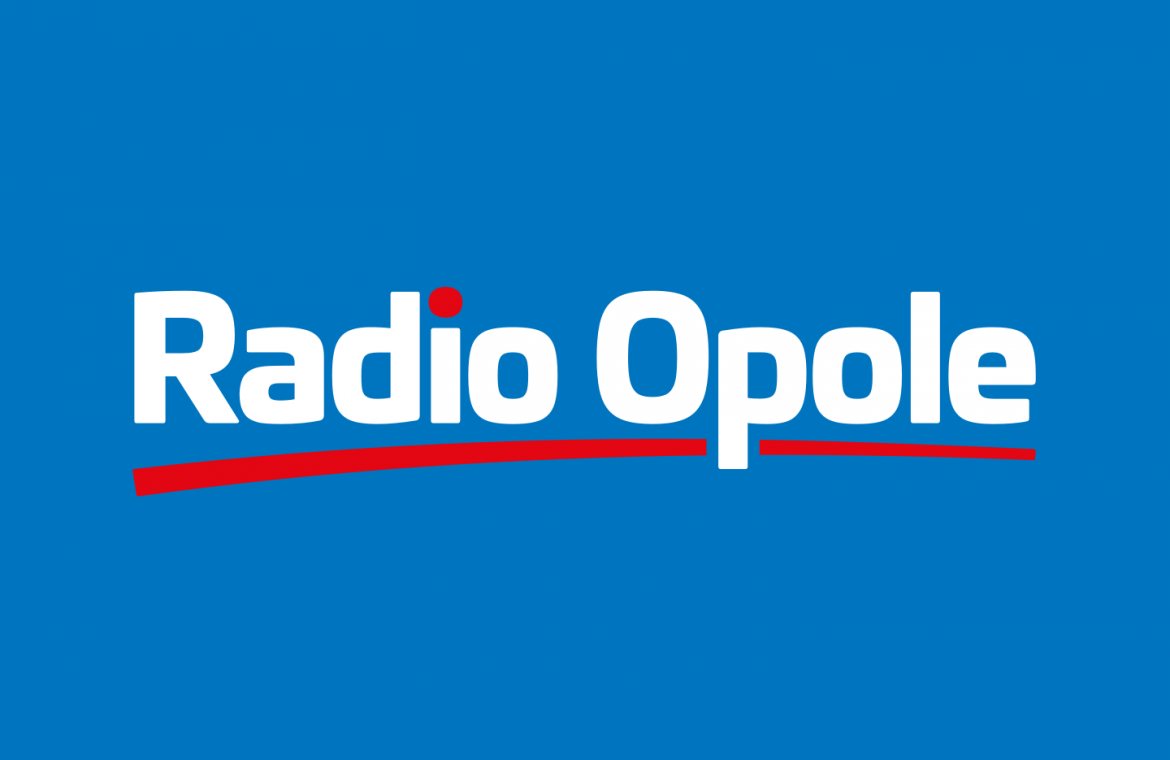On Monday, England lifted almost all legally imposed restrictions on the coronavirus, although the British government continued to recommend that in the face of the rising number of infections with the delta variable, it continued to be vigilant and not greedyly use the restoration of freedom.
The most controversial issue is the removal of the requirement to hide the face in all situations, including in shops and on public transport. Replace the recommendation to wear masks in crowded public places. While many shops or carriers will encourage their customers to cover their faces, this is only required on planes and on public transport under London authority.
Almost all distance requirements and restrictions on the maximum number of participants in meetings have been discontinued. This means that mass events such as music festivals can be organized, nightclubs and all other industries that have remained closed until now can resume activities.
There are no longer restrictions on participants in weddings and funerals, and singing is allowed in churches. Customers in bars, restaurants, gyms, theaters or other venues are no longer required to check in using the app or leave their contact details, although owners may maintain this requirement. In addition, the government encourages organizers of large mass events, such as music festivals, to use COVID certificates, and does not rule out that they will be mandatory in the future. Customers in bars can now go to the bar and place their orders there. It is no longer illegal to organize large meetings or parties at home.
The obligation to maintain a distance remains only in very specific cases, such as the border, where people come from countries from the so-called red list, that is, the high risk of the epidemic, should not mix with others.
The quarantine requirement still applies to people who have been in close contact with a person infected with the coronavirus, although, as previously announced, from August 16, it will only apply to people who are not fully vaccinated. The 10-day isolation obligation for people whose test confirmed the presence of the coronavirus did not change, regardless of whether or not they were vaccinated.
Also from August 16, the “bubble” system in schools will be abolished, according to which students remain in permanent groups maximum, and if one person is found infected, the whole group is sent to quarantine.
Some restrictions on travel abroad remain in effect. It will remain – perhaps for a long time – the so-called traffic light system, that is, designating countries in green, yellow and red depending on the danger of the epidemic prevailing in them. But as of Monday, people who have been fully vaccinated in the UK no longer need to be quarantined for 10 days upon arrival. However, they are still required to take a coronavirus test before coming to the UK and another after they arrive.
Bartomij Nidzinsky (PAP)
bjn/akl/

“Extreme organizer. Problem solver. Passionate web buff. Internet expert. Devoted travel nerd. Professional troublemaker.”







